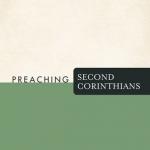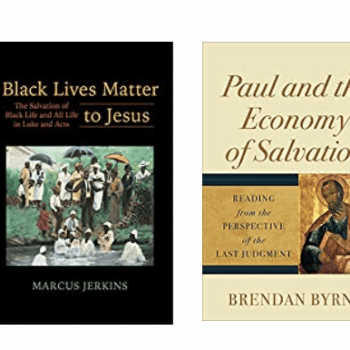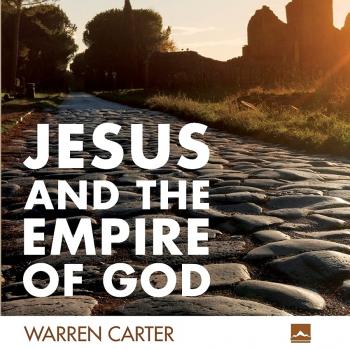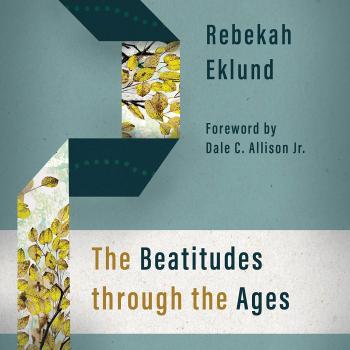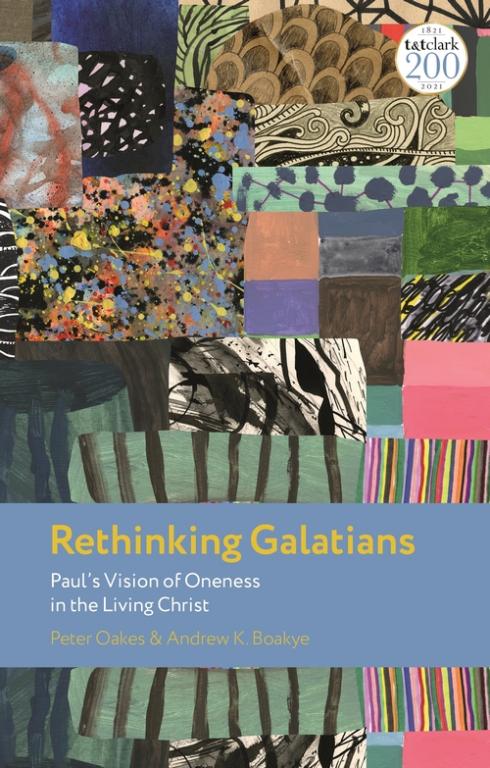The church I (Nijay) went to in high school did not ordain women to pastoral ministry. I interned at my church when I was in college, and something troubled me about that experience. There were a handful of pastors (all men), and one woman director of children’s ministry. She came to all the pastoral staff meetings. She came to the pastor’s retreat. She ministered to families with the same passion and excellence as the other pastors (even more!). But she could not be called “pastor” because it was forbidden. This felt strangely artificial. Did the Bible say that women could do pastoral ministry, but not be called “pastor”? What sense does that make? Sometimes I got the answer, well she works with children, not adults. That made even less sense. Aren’t children more impressionable? Aren’t they the future of the church? How is this some sort of “lesser” category?
In comes Dr. Beth Allison Barr (Baylor University) to help explain how we got here with her book The Making of Biblical Womanhood. You can’t turn to the pages of the Bible to explain my strange internship experience. You need to understand the development of a modern construct called “Biblical Manhood and Womanhood.” This was not something produced by Moses, or David, or Jesus, or Paul. You have to understand modern theological architects like John Piper, Wayne Grudem, and Paige Patterson. They painted a picture of universalizing a 1960’s era American style household structure, and then tried to link that to biblical anthropology.
What Barr brings to the discussion is a major memory boost: we cannot pretend nothing happened between Paul and Grudem. A history of women contributing to the faith in major ways has been ignored, worse yet erased. For two thousand years, the church worldwide has wrestled with questions about gendered humanity, marriage, and ministry. Some would have us believe “complementarianism” is a return to the good old days of Bible times. Barr calls a spade a spade, what they are selling is not “we are equal but have different roles”; it is patriarchy. According to the political, social ideology of patriarchy, men rule, women are subject; but that is not the Bible’s vision for humanity, it is not the ethos of the church, and patriarchy has constantly proven disastrous for culture throughout the ages, and continues to wreak havoc today.
Thank you, Dr. Barr, for a bold and honest appeal to the real, often messy, history of Christianity; thank you for exposing the artificial construct of Biblical Patriarchy, and thank you for telling your own stories that demonstrate the failure of the “Biblical womanhood” myth.
Take time to read Dr. Barr’s work slowly and carefully. I learned so much about inspiring and important women in the medieval era, and how events like the Reformation (even for all the positive things it brought) affected the lives of Christian women in some negative ways. Barr is a powerful member of the new “wrecking crew” to dismantle the artificial construct of “Biblical patriarchy.” I hope this book will make you question what you were taught, not from the Bible, but about certain interpretations of the Bible and what some theologians say God wants in and through human relationships. Ask yourself, what does the Bible actually say and mean? Am I seeing a more complete picture of Christian history? Are women less gifted than men at leadership? If patriarchy is biblical, why is it so destructive?
Any institution that cannot tolerate people asking these questions is afraid or hiding something from you.



